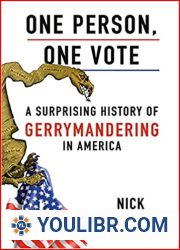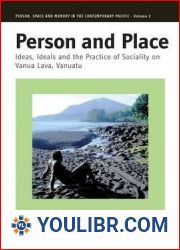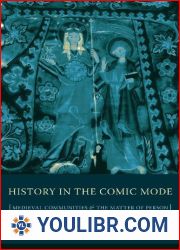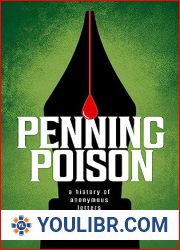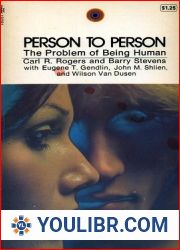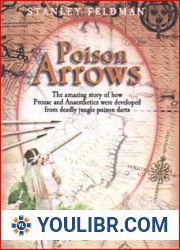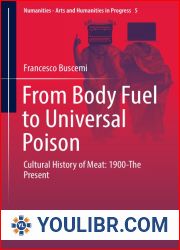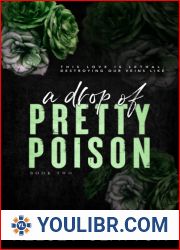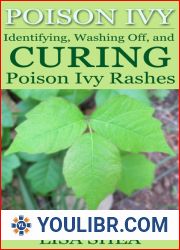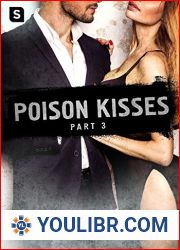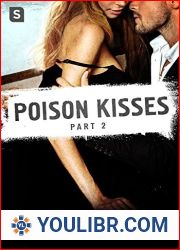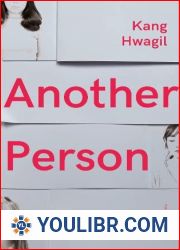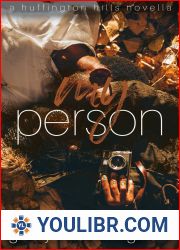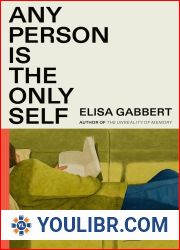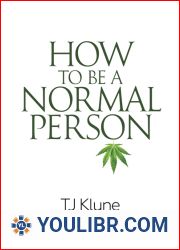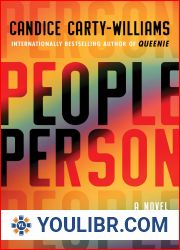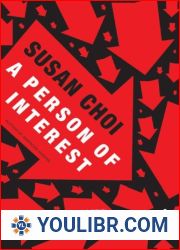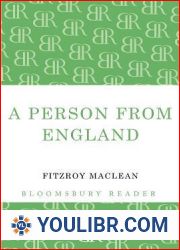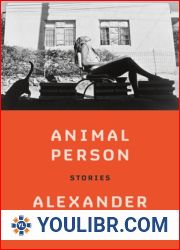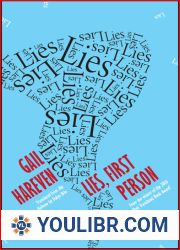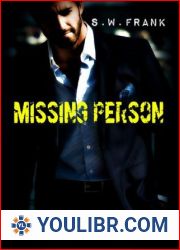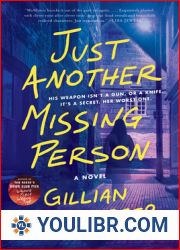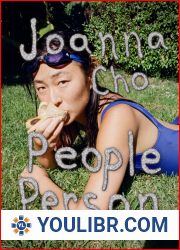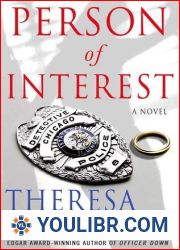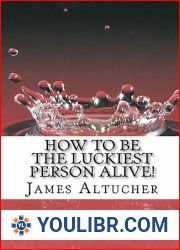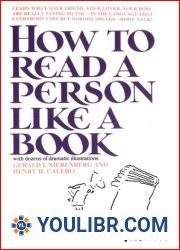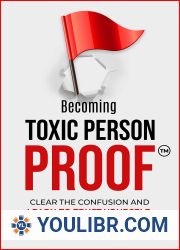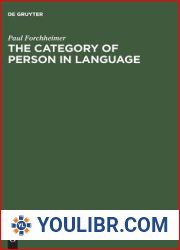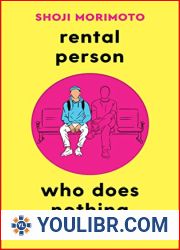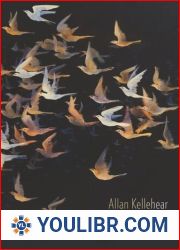
BOOKS - Another Person's Poison: A History of Food Allergy (Arts and Traditions of th...


US $6.81

389880

389880
Another Person's Poison: A History of Food Allergy (Arts and Traditions of the Table: Perspectives on Culinary History)
Author: Matthew Smith
Year: June 2, 2015
Format: PDF
File size: PDF 896 KB
Language: English
Year: June 2, 2015
Format: PDF
File size: PDF 896 KB
Language: English
To some, food allergies seem like fabricated cries for attention. For others, they pose a dangerous health threat. Food allergies are bound up with so many personal and ideological concerns that it is difficult to determine what is medical and what is myth. This book parses the political, economic, cultural, and genuine health factors of a phenomenon that now dominates our interactions with others and our understanding of ourselves. Surveying the history of food allergy from ancient times to the present, and " Another Person's Poison and " also gives readers a clear grasp of new medical findings on allergies and what they say about our environment, our immune system, and the nature of the food we consume.For most of the twentieth century, food allergies were considered a fad or junk science. While many physicians and clinicians argued that certain foods could cause a range of chronic problems, from asthma and eczema to migraines and hyperactivity, others believed that allergies were psychosomatic. and "Another Person's Poison and " traces the trajectory of this debate and its effect on public-health policy and the production, manufacture, and consumption of food. Are rising allergy rates purely the result of effective lobbying and a booming industry built on self-diagnosis and expensive remedies? Or should physicians become more flexible in their approach to food allergies and more careful in their diagnoses? Exploring the issue from scientific, political, economic, social, and patient-centered perspectives, this book is the first to engage fully with the history of what is now a major modern affliction, illuminating society's troubled relationship with food, disease, and the creation of medical knowledge.








